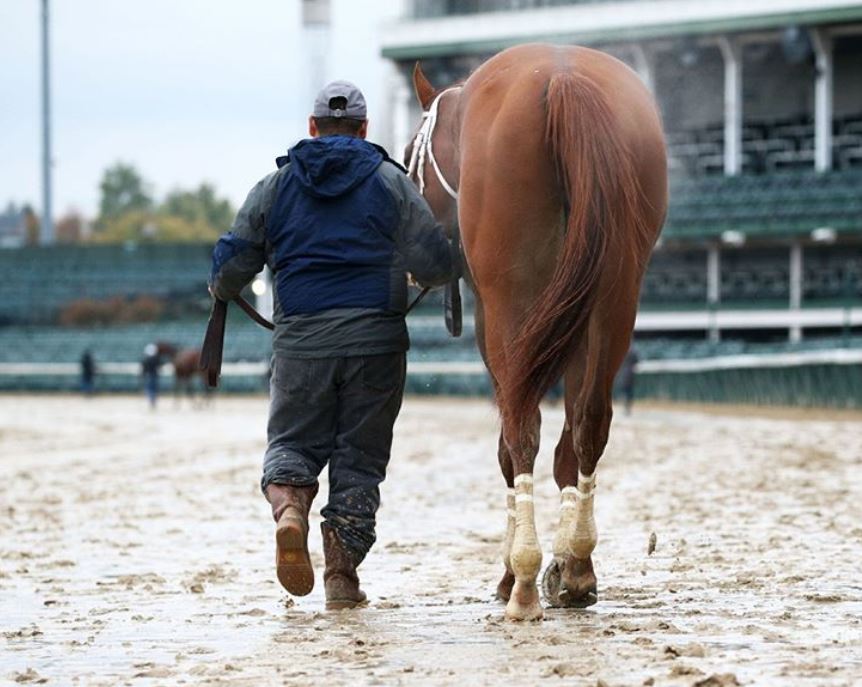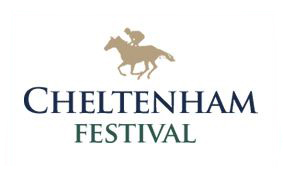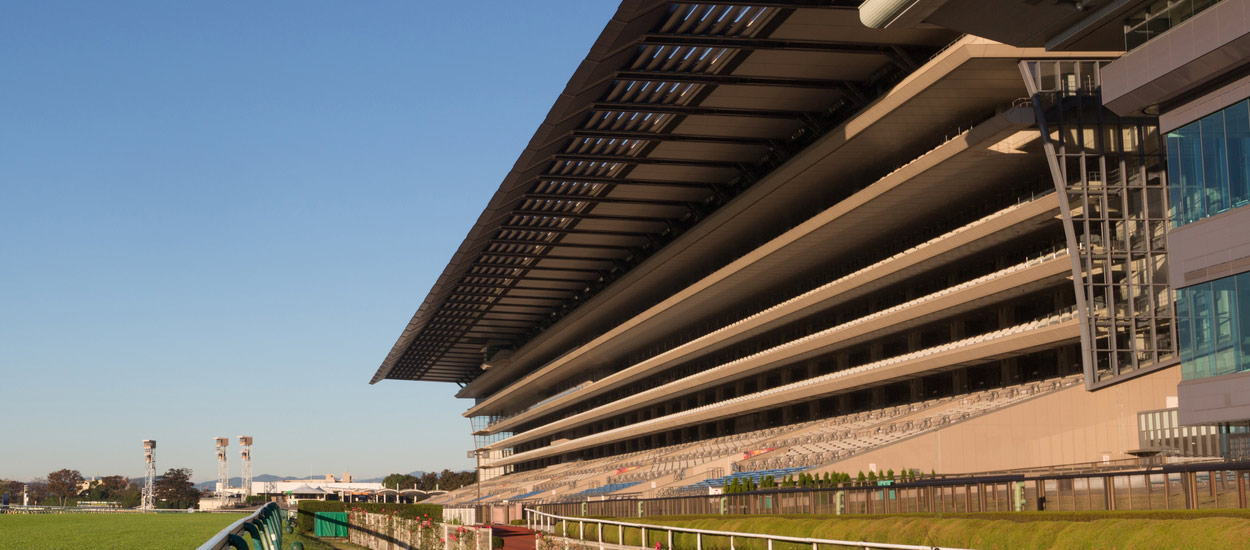Will horse racing generate new interest from people looking for something to watch and wager on?
With all major sports being shut down in the United States indefinitely, the only real gambling opportunities left are eSports, UFC and horse racing. Santa Anita announced that the races will continue but that stands would be empty. Aidan Butler, the executive director for the Stronach Group made the following press announcement:
"We heard Governor Newsom’s call and we are responding accordingly for the protection of our customers and employees. Much like other sports which have chosen to play without spectators, we will race with the personnel necessary to ensure the safety of the horses and the integrity of the sport."
New York horse tracks as well as those in Florida and Kentucky made similar decisions.
Since that statement was made, the other sports preparing to run without fans which Butler was referring to, have cancelled their tournaments outright. This included MLB, MLS, NBA, NHL, PGA, NASCAR, IndyCar and the NCAA. Team sports seem like a no-brainer to cancel and it can be argued that as individual sports golf and motor racing could have proceeded as usual, since there was little casual contact, but in the area of horse racing there is no doubt that the industry made the right decision to continue.  There is little concern about casual contact between horse racing personnel, since they are generally isolated and precautions can be put in place to ensure that change rooms, showers and the paddock area are clean and have as few people as possible. And trainers, grooms and those who deal with the horses have to be at the track regardless to ensure the health and safety of the horses. As well jockeys really only have contact with the horse, trainers and briefly with other jockeys. The only possible viable reason for disallowing horse racing is that an ambulance has to be present in case of an injury and one can make the argument that it takes an emergency vehicle and staff off of the roads. But the truth is that the ambulances at the track are privately owned and the ambulance drivers and medical staff work off duty to make some extra cash. So, hospitals are not being shortchanged by their presence. It has also been debunked that the virus can be passed on to other animals, so there is no concern about horses picking up the disease.
There is little concern about casual contact between horse racing personnel, since they are generally isolated and precautions can be put in place to ensure that change rooms, showers and the paddock area are clean and have as few people as possible. And trainers, grooms and those who deal with the horses have to be at the track regardless to ensure the health and safety of the horses. As well jockeys really only have contact with the horse, trainers and briefly with other jockeys. The only possible viable reason for disallowing horse racing is that an ambulance has to be present in case of an injury and one can make the argument that it takes an emergency vehicle and staff off of the roads. But the truth is that the ambulances at the track are privately owned and the ambulance drivers and medical staff work off duty to make some extra cash. So, hospitals are not being shortchanged by their presence. It has also been debunked that the virus can be passed on to other animals, so there is no concern about horses picking up the disease.
The tracks can operate with no fans because bettors can wager remotely with their phones, tablets or computers. The Interstate Horse Racing Act guaranteed that. And many off-track betting parlors are open and will likely stay that way provided the number of people at them stays below the 500-person threshold that most in the government and health industry have indicated is the attendance where businesses should consider closing. As for the tracks that continue to operate as usual, they may need to reconsider the idea of racing without fans, although a large percentage of those tracks have casinos attached to them. So as long as the casinos stay open, there is really no reason to treat the horse racing area differently than the casino. Also, many of these tracks draw very few people. Most of the tracks that have decided to operate as usual say they are going over and above to prevent the spread of the virus, including constant cleaning of areas including washrooms, counters, railings and the self-betting terminals. Where there are tellers to issue tickets, most are putting up a glass or plastic barrier, similar to taxi cabs to ensure that germs are not passed from one person to the another.  In the United Kingdom the Cheltenham Festival, which attracted close to 250,000 fans, ran as usual from Tuesday to Friday, as the track apparently added extra precautions to prevent the spreading of COVID-19, including the cleaning protocols and security looking for people who didn’t look well and asking them not to attend. The track defended the decision to run by effectively saying that they heeded the government’s advice, which told the track to proceed as usual. By many accounts Premiere Boris Johnson and others in his government felt it was necessary not to overreact for fears of the financial impact not racing would have on the economy and also for sanity sake - many felt it was best to give the public something to look forward to. Despite that comment, Premiere League soccer has shut down until at least April.
In the United Kingdom the Cheltenham Festival, which attracted close to 250,000 fans, ran as usual from Tuesday to Friday, as the track apparently added extra precautions to prevent the spreading of COVID-19, including the cleaning protocols and security looking for people who didn’t look well and asking them not to attend. The track defended the decision to run by effectively saying that they heeded the government’s advice, which told the track to proceed as usual. By many accounts Premiere Boris Johnson and others in his government felt it was necessary not to overreact for fears of the financial impact not racing would have on the economy and also for sanity sake - many felt it was best to give the public something to look forward to. Despite that comment, Premiere League soccer has shut down until at least April.
Ian Renton, the managing director for Cheltenham Race told a local radio station the following when asked why he decided to proceed:
"Racing and the government over here have a very close relationship and we would always work with them and seek their advice and recommendation in whatever we do. We have communicated with all our racegoers and all the participants to ensure they heed the government guidelines and look at the guidelines, and if they are advised not to come for any reason at all they should follow that advice."
There are suggestions that unless things change dramatically by May, the Kentucky Derby will be run without fans or postponed and prep races for the Kentucky Derby such as the Florida Derby, Arkansas Derby and Santa Anita Derby will be run without fans in attendance.
The fact that the races are going ahead, however, is a good reason for the industry to try some new things to see if it can generate new interest that will stay once the COVID-19 crisis is over. Here are some suggestions that will appeal to sports bettors who may not have considered horse racing as a wagering option.
Exchange wagering: For now, exchange wagering is still off limits due to state laws and disagreements within the industry as to whether it will cannibalize traditional betting, but some tracks have experimented with it and this provides a great opportunity for all tracks where it is legal to at least give it a shot. Unlike pari-mutuel wagering, exchange wagering takes place where a bettor offers odds and another bettor accepts the odds. This means that the final odds do not matter. The odds you take are what you get and is thus similar to bets on all other sports. Pari-mutuel wagering has been deemed one of the reasons sports bettors refuse to wager on horse racing, i.e. they want to know what odds they are getting. There is nothing more frustrating than betting a horse at 5 to 1, three minutes before post but only end up with 2 to 1 odds at post time. If bettors knew the low odds they would get from the final pool, it is likely most would not have made the wager. With exchange wagering, a commission is applied to all winning bets and the amount taken as commission is given to the tracks. Many opposed to the idea say that exchange wagering allows someone to bet on a horse "to lose" rather than betting on one to win and is thus ripe for race fixing. But this type of wagering has been allowed for almost two decades now in the UK and very few incidents of suspected race fixing have surfaced.
In-play wagering: This is generally offered in conjunction with exchange wagering, but is treated separately. The idea here is to allow people to wager on a race while it is being run. Common now in the U.S. and offshore for team sports, it is not traditionally offered for horse racing because the sport has been deemed too fast and too unpredictable to work well. Those who wager with Betfair or Bet365 would argue differently. Unlike with other sports the race is over quickly so you would know if you are a winner within a couple of minutes and those with a sharp eye can spot which horses are running well and which are struggling. A small delay is applied to the bets to ensure that bettors can’t take advantage of a line that is no longer valid or viable. For those who love in-play wagering this could be a huge boon to the industry if it were offered on horse betting sites and there are enough people with skills to ensure it is offered in a way that won’t subject the track to potential losses.
Match bets: This has been tried in the past with U.S. horse racing on events like the Kentucky Derby, but the tracks have tried to apply a takeout similar to pari-mutuel wagering which made the bets unplayable to most. For example, for one recent Kentucky Derby Churchill Downs had one horse at 1 to 2 odds and the other horse at even money. While the 116% hold is similar to the takeout on win, place or show bets it is not a bet most sports bettors would play on a match bet. The tracks would have to adjust the odds to a maximum hold of 108%, (i.e. odds of 7 to 5 on the second horse if the favorite in the matchup is even money), but with sports betting companies that have a lot of experience in charge of the market such as Betfair or William Hill, there is no reason this can’t be done successfully to give the racetracks the guaranteed profit they are used to.
Lower bet limits: While many tracks offer bets as low as 20 cents for bets like trifectas, superfectas, pick 3, pick 6 etc., the minimum is still $2 for any win, place or show bet and exactas always require $1 bets. There is no reason the tracks can’t allow 20 cent wagers on any bet. For serious horse players this will be a non-issue but for people new to horse racing as well as those who can’t afford to wager more than about $20 a day this allows for a lot of bets with little risk. And there is no cost to the tracks for allowing these bets.
More promotions: People love freebies and promotions and this is a great opportunity for racetracks to increase promotions to those who wager at home on horse racing. Examples could be trips and tickets to the Breeders’ Cup or next year’s Kentucky Derby; increased cashback to bettors based on their play; draws for merchandise including possibly a car, etc. And the tracks can also add free contests where everyone plays a full card with imaginary money and people are given real cash or merchandise based on their finishing position. This without doubt would encourage some casual sports bettors to give horse racing a shot.
More TV coverage: The networks, especially stations like ESPN are going to be struggling with what to put on TV now with all major sports cancelled. The coronavirus situation provides a great opportunity for stations to show horse racing regularly and have experts and analysts explaining to the TV audience how to handicap horse racing, how to wager effectively and the intricacies of horse racing that many may not understand, such as why jockeys rate horses, the difference in surfaces, etc.
Free DRF or Brisnet programs: One of the frustrations of many horse players is that it costs them a lot of money before they even place a bet. Those who buy physical handicapping tools like the Daily Racing Form and a program often pay around $10 before betting anything and if bought online it still costs $3 per track for the Racing form and programs generally cost about $1.50. There is no reason the tracks can’t work out a deal with those companies that would benefit both of them where players can get the handicapping products for free as long as they place a real money wager.
This is an unusual time and sports fans are literally at a loss of what to do with themselves. Not only did sports provide entertainment, but it was also a necessary diversion from the realities of life. Major sports aren't coming back any time soon and horse racing is really the only game in town right now. The industry has been dying for years, but now there is a real opportunity to attract new bettors and fans and the industry can do so in a way that makes them appear as caring and viable. For once, attention can be diverted from the usual topics that surround horse racing such as horse deaths and mistreatment and instead focus on the excitement and pleasures that many of our ancestors enjoyed when horse racing was the only betting opportunity in town. If done right, horse racing can once again become the sport of kings.
Read insights from Hartley Henderson every week here at OSGA and check out Hartley's RUMOR MILL!







































